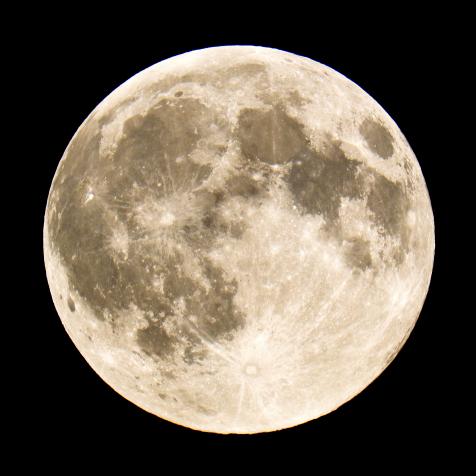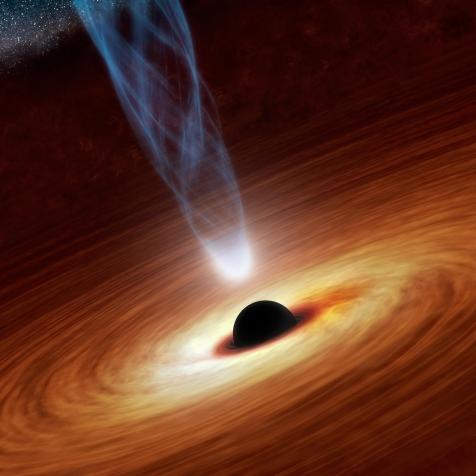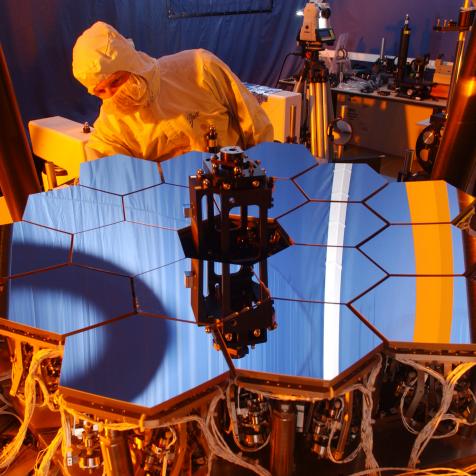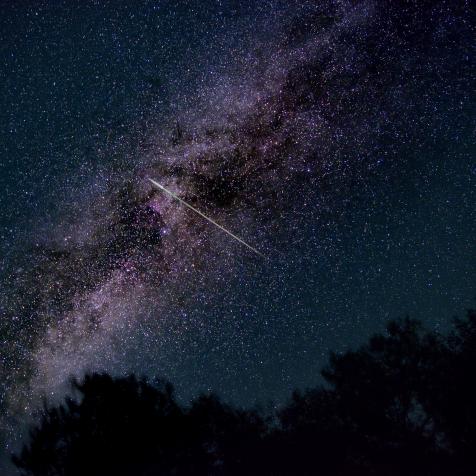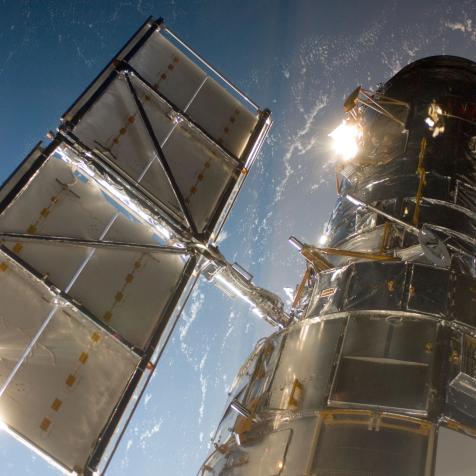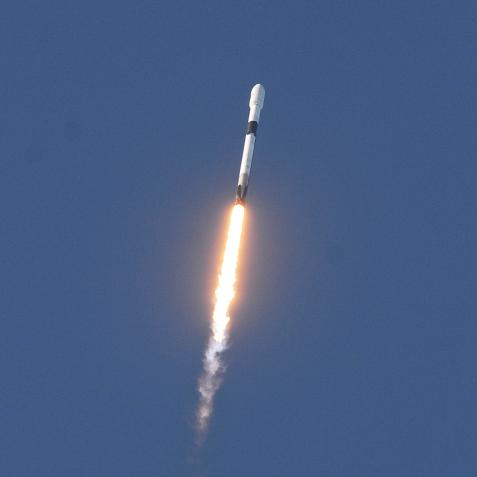
Vitalij Cerepok / EyeEm
An Astrophysicist's Perspective: the World Could Use a Dose of Overview

Something happens once you see the world from a different perspective. It's called the "Overview Effect". But what does that mean?
I get it, all your personal problems are huge. Your mortgage, your family, your job. But they’re peanuts compared to national and global issues: wars, humanitarian crises, natural disasters. It seems that the cycle of human suffering is never-ending and is largely perpetuated by our own myopic and self-centered desires.
The Biggest of Pictures
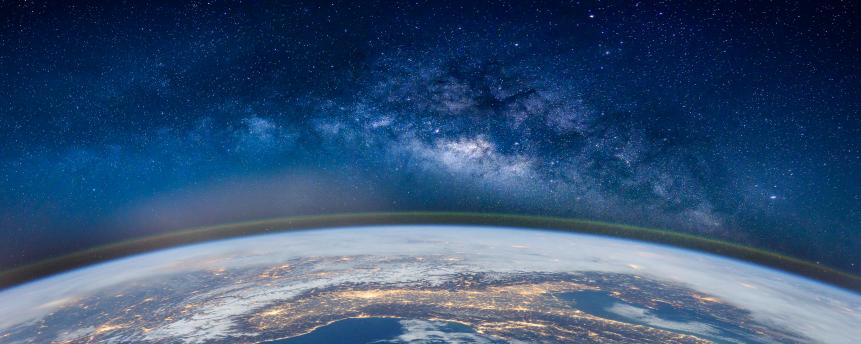
Nuttawut Uttamaharad / EyeEm
When you zoom out to the big picture (and I mean 'big' here, as in really big), all the problems and conflicts that have beset humanity ever since there was a humanity are almost laughably parochial. From the perspective of orbiting astronauts everything just dissolves. National borders are revealed to be nothing more than imaginary lines on a map. Majestic cities are reduced to smudges of grey. Great monuments of heroes and deeds and barely discernible.
And from that perspective, everything on Earth–and the entire Earth itself–seems hopelessly fragile. Every single living creature inhabits a thin, precarious shell only about a hundred miles thick. Compared to the size of our planet, it’s thinner than the shell of an egg. Almost all that life depends on the constant, consistent output of the sun, and the gentle comforting blanket of our atmosphere.
A stray comet, a nearby supernova, and dimming sun could wipe away all life on the Earth without even shedding a single cosmic tear. It’s frightening to think about and life-changing to behold.
It’s called the Overview Effect--the change in perspective noted by some astronauts after they return to life on the ground. Reportedly, once you get the chance to view our home from the ultimate bird’s eye perspective, everything changes. Personal problems seem minimal. Devastating wars seem so pointless. The struggles of humankind against itself seem in vain, expending much-needed resources that could be put to better use increasing our chances of survival against a universe determined to wipe away our very existence.
...Yet So Small

Stocktrek
In the grand scheme of things, Earth is small. Our time here is short. Our lives hang by a thread. Sadly, few humans have experienced this effect, and they (by very nature of the astronaut selection and training program) are largely paragons of humanity anyway. But that can change.
Many companies are developing plans for private space tourism. From Elon Musk’s SpaceX to Richard Branson’s Virgin Galactic, the hope is that within a few years, you can buy yourself a quick ride into space (and safely back). At first, it will be a tiny bit expensive when it gets going and only the uber-rich will get to experience an up-close encounter with the celestial. But as time goes on, it could become commonplace and even a commodity. Perhaps within a few decades, spaceflight will become as routine and mundane as regular flight.
I’m not saying that increased access to space will lead to a global kumbaya sing along, but over time, more people will be able to get that ultimate view of our delicate little home. And a little more widespread Overview Effect can’t be a bad thing.




































































